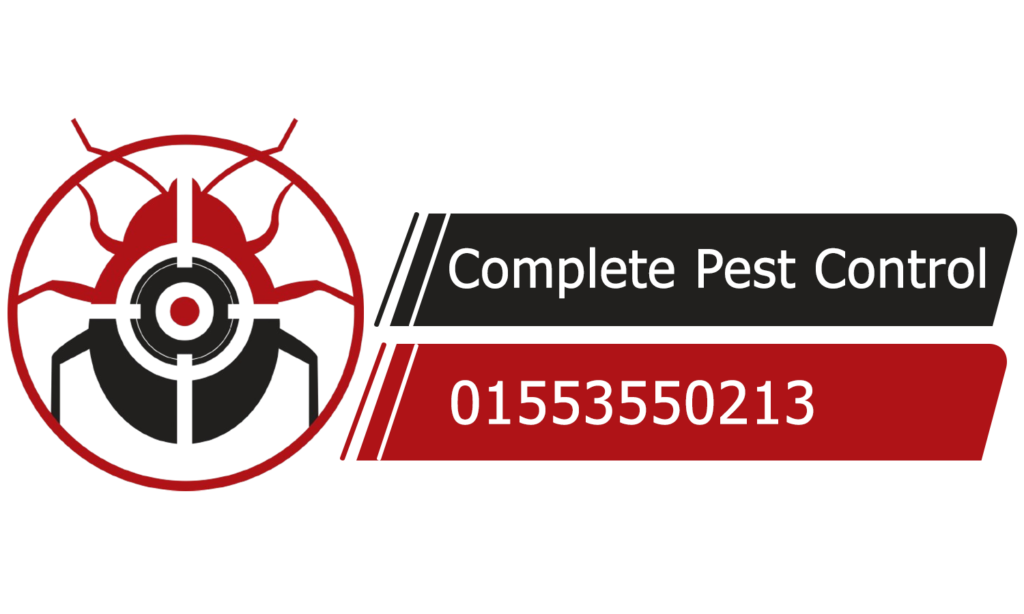Prioritizing pest control in your home and office is essential for safeguarding health, protecting property, ensuring food safety, enhancing psychological well-being, and promoting productivity and professionalism.
Why should I care about pest control?
Pest control is essential for maintaining a healthy and safe environment, as pests can cause various problems, including health risks, property damage, and environmental harm. Proper pest control measures can prevent these issues and ensure the well-being of individuals, businesses, and the ecosystem.
Health Protection
Pests such as rodents and insects can carry harmful diseases that pose serious health risks to occupants. For example, rodents can transmit diseases like hantavirus and leptospirosis merely through their droppings. At the same time, insect bites from pests like mosquitoes and ticks can spread illnesses like Lyme disease and West Nile virus. Regular pest control minimizes these risks and helps create a safe living and working environment.
Property Damage Prevention
Pests can cause significant structural damage and financial losses. Termites and certain insect species contribute to approximately $30 billion in damages annually, impacting wood structures in homes and offices. Furthermore, rodents can gnaw on electrical wiring, insulation, and more, leading to costly repairs. By implementing pest control measures, homeowners and business owners can prevent infestations that lead to expensive repairs.
Food Safety and Sanitation
In both residential and commercial settings, pests are a threat to food supply by contaminating food sources. For instance, rodents can consume food crops, while pests like cockroaches can infest kitchens. Effective pest management helps maintain food sanitation and minimizes food waste, contributing to overall public health.
Psychological Well-being
A pest-free environment is essential for peace of mind. The presence of pests can lead to stress and anxiety in both home and office settings. Knowing that a strong pest management plan is in place allows individuals to focus on their activities without the worry of potential infestations.
Productivity and Professional Image
In an office environment, pests can create an unprofessional image and deter customers. Maintaining a clean and pest-free workspace ensures employee health and fosters a productive atmosphere, which is vital for business success. Regular pest control contributes to a safe, healthy, and attractive work environment for both employees and clients.
Importance of Pest Control
- Pests can spread diseases, contaminate food sources, and cause property damage, making pest control a vital component of a comprehensive health plan.
- Pest control helps prevent serious health problems, such as those caused by mosquitoes, ticks, fleas, and cockroaches, which can spread various diseases and infections.
- Pest control helps prevent damage to homes, such as that caused by rats, termites, and carpenter ants, which can compromise the structural integrity of buildings.
- Pest control helps prevent the contamination of food sources and maintains the safety of the food supply.
- Pest control helps prevent allergies and create a stress-free living environment.
- Pest control helps protect pets from diseases and discomfort caused by pests, such as fleas and ticks.
- Pest control helps protect the environment by preventing damage to plants and water sources caused by pests.
Types of Pests
- Insects: Ants, termites, bed bugs, fleas, mosquitoes, and many others.
- Rodents: Mice, rats, squirrels, and other small mammals.
- Birds: Pigeons, seagulls, and other birds that can cause damage to buildings and property.
- Wildlife: Raccoons, skunks, possums, and other animals that can cause damage to homes and property.
Benefits of Excellent Pest Control Services
Reduced Illnesses and Diseases
- Pests can interact with disease-causing microorganisms and transmit various illnesses and diseases, including asthma, malaria, dengue, typhoid, and cholera.
- Proper pest control can eliminate or reduce the infestation without using harmful chemicals, ensuring the safety of the environment and occupants.
Proper Cleaning
- Pest control professionals thoroughly assess the infestation, determine the appropriate extermination methods, and clean the affected area to restore hygienic standards.
- This comprehensive approach helps prevent future infestations and ensures the problem does not recur.
Minimal Chemical Usage
- Pest control experts advise on the appropriate use of chemicals, such as pesticides and insecticides, which should only be used in severe situations.
- Incorrect or excessive use of chemicals can have detrimental effects on health, property, and the environment.
Good Sleep
- Pests like spiders, fleas, ants, bed bugs, and mosquitoes can cause irritation, allergies, and disrupted sleep.
- Effective pest control helps ensure a comfortable and uninterrupted sleep for occupants.
Extended Health and Financial Relief
- Professional pest control services offer comprehensive and continuous pest elimination, providing long-term prevention and protection.
- Hiring professional services can be more cost-effective than relying on ineffective DIY methods, which may lead to recurring infestations and costly medical interventions.








